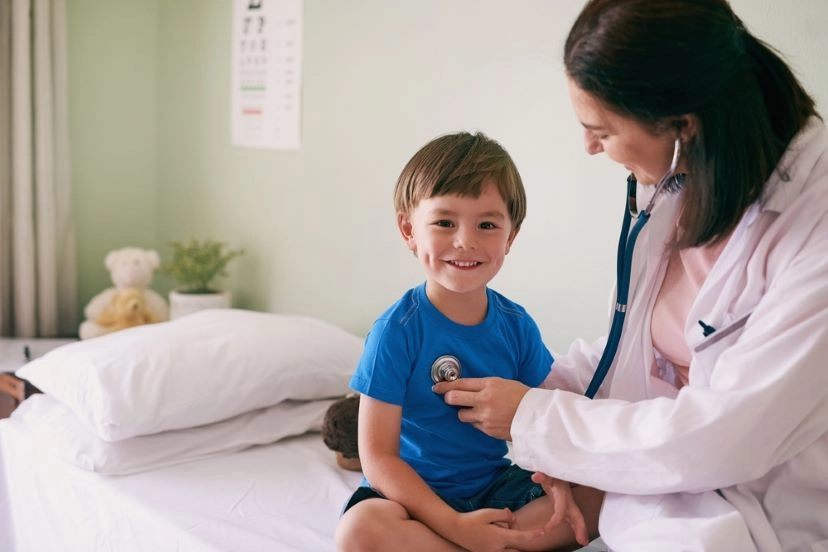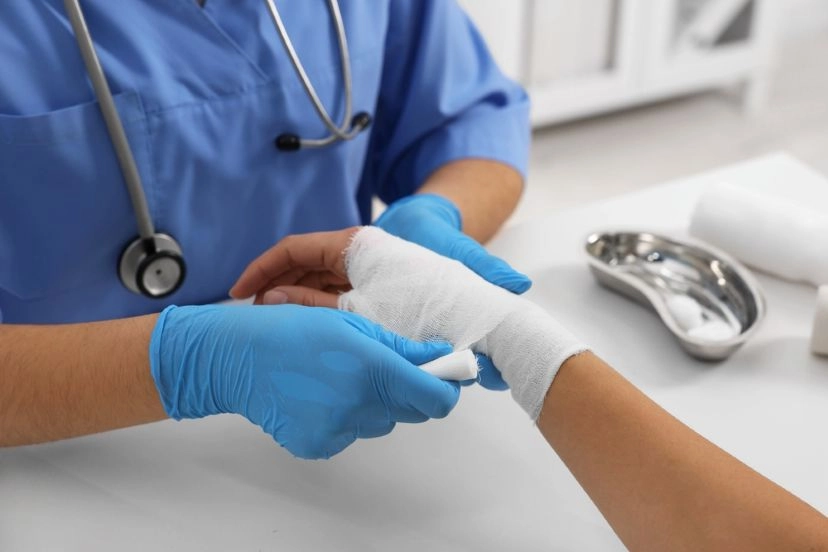How to Care for Your Child with Congenital Heart Disease

Many children are born with congenital heart disease (CHD), a common birth defect detectable at birth or later in life. Dr. Kittichai Luengthaweeboon, Director of the Vascular and Thoracic Surgery Center at Phyathai 2 Hospital, emphasizes that CHD affects about 5-8 per 1,000 children, making it more prevalent than other congenital conditions like cleft lip or palate.
Causes of Congenital Heart Disease
The exact causes of congenital heart disease are not fully understood but are linked to maternal health factors during pregnancy, including:
1. Rubella infection during the first trimester
2. Maternal diabetes
3. Nutritional deficiencies
4. Exposure to drugs or harmful chemicals
5. Advanced maternal age (over 35-40 years), which increases the risk of chromosomal abnormalities and conditions like Down syndrome, often associated with heart defects such as septal defects and valve regurgitation
Recognizing Symptoms of Congenital Heart Disease in Children
Parents should watch for these external signs that may indicate congenital heart problems:
1. Cyanosis (bluish skin tone)
2. Frequent fatigue and shortness of breath
3. Persistent rapid breathing
4. Excessive sweating
5. Faster and stronger heartbeat than normal
Heart failure symptoms present from birth
1. Frequent respiratory infections like colds, coughs, or pneumonia
2. Internal signs detected by doctors include:
3. Irregular heartbeat sounds suggesting valve leakage or abnormal heart vessels
Some symptoms appear immediately after birth, while others emerge as the child grows. Regular health monitoring is essential for early diagnosis and treatment.
Diagnostic Methods for Congenital Heart Disease
To diagnose CHD, healthcare providers use a combination of assessments:
- Medical history discussion regarding risk factors and symptoms
- Special heart tests such as Electrocardiogram (ECG) and chest X-rays
- Echocardiogram to evaluate heart structure, detect septal defects, and assess valve function
- Cardiac catheterization to inspect heart vessels when necessary
Surgical Treatment and Recovery
When surgery is required, specialized cardiac surgeons correct the heart defect. Most children fully recover, enabling them to grow, exercise, and live normal lives. Complex cases might require multiple surgeries.
Post-Surgical Care for Children with Congenital Heart Disease
Parents play a vital role in their child’s recovery by:
1.Administering prescribed medications as directed
2.Monitoring for unusual symptoms post-surgery
3.Preventing infections through proper hygiene and care
4.Responding quickly to any signs of complications
5.Ensuring regular medical follow-ups for ongoing care and support


